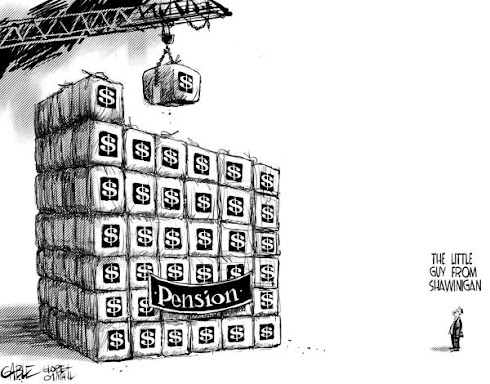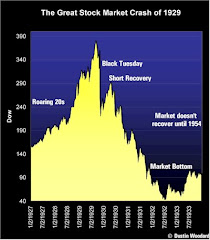Ottawa's Job Bubble
Statscan came out with some average wage numbers in Canada. Average wage BC. Numbers show that the average Canadian is making a little over $ 40,000 per year.
The National Post reported on the dramatic increase in employment in the federal government. Ottawa's jobs bubble. It appears that the average wage for employees in Ottawa is around $72,000.This would be consistent with a report that analyzed compensation at the feds. Total compensation—Core public service
Golden Pensions
The federal employee are entitled to a pension worth 70% of salary when fully qualified. Demands grow for civil service wages, pension reform. This means that a fully qualified average federal employee has a pension, including CPP valued at $49,000 per year. They can start pensions as early as age 55 and many will collect them for longer than they worked. Report on life expectancy is good news
Who Pays?
Kathryn May wrote an article suggesting that the civil sector pay for at least half of the cot of their pensions. Demands grow for civil service wages, pension reform. This seems a little more fair for taxpayers.
What is fair? The CD Howe estimates that these pensions are worth about 34% of compensation. The employees currently only pay 8.5%. They would have to double contributions to pay 50%. PSSA RATE OF CONTRIBUTION It appears that the taxpayer subsidies are about to end.
This will generate ...
Howls of Protest
PSAC members are up in arms over media reports that no longer with their pensions be funded on the backs of taxpayers. PSAC members mobilizing to protect pensions
We are into a new era of pensions and saving for retirement. I was quoted in an article by Monica Gutshi of the Wall Street Journal in and article called Little Confidence In Pension System.
Most Canadians do not have much faith in the system the way it works now and are counting on the government to make some real changes to make the system more fair and equitable to all.
We will see....





